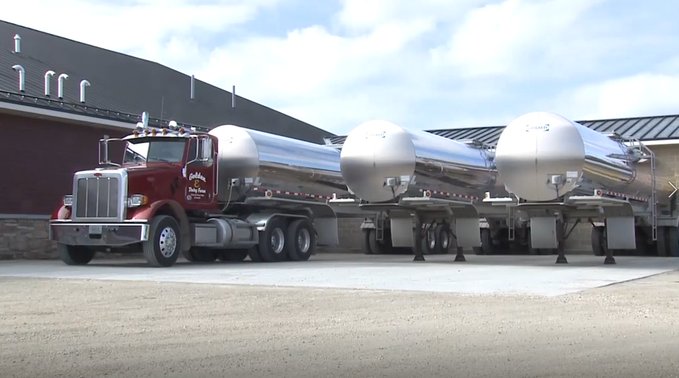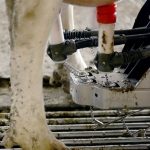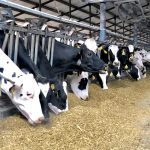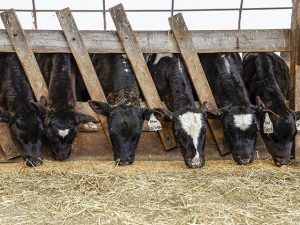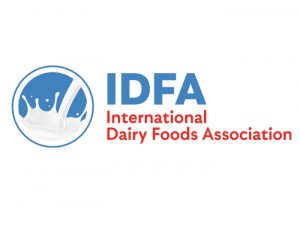
The coronavirus is setting the dairy industry back, forcing some farmers to drain surplus milk.
“I am doing everything in my power to become more efficient to try and prevent me from having to dump any milk,” Kyle Hemmersbach said.
Hemmersbach hauls dairy, and while he hasn’t had to drain any milk yet, he said the plants he works with are equipped to handle packaging for restaurants, rather than retail.
‘The dairy industry may never be the same’: Some dairy processing plants don’t have the space or ability to bring in new milk right now, so some farmers are being forced to dump it. This is a largely a result of restaurants and school closures. #News3Now pic.twitter.com/GzMtsYKelt
— Gabriella Bachara (@GabbyBachara) April 2, 2020
“We are coming into a problem where they are just not able to produce anything because they are not able to package it for where the demand is right now,” Hemmersbach said.
Hemmersbach said dumping one load can be between $8,000 and $10,000, depending on the size, and that price has been dropping over the past couple of months because of the coronavirus.
“When prices fall far enough, you’re losing money every time you turn the milk pump on to milk the cows,” Hemmersbach said.
Dairy Farmers of America Vice President Kristen Coady said the sudden changes in demand is forcing manufacturers to cut or change production.
“This, in combination with the perishable nature of our product, has resulted in a need to dispose of raw milk on farms, in some circumstances,” Coady said.
Dairy Business Association Executive Director Tim Trotter said all aspects of the dairy industry need to work together to survive this.
“I am confident we can, but we need government support. We need their buy in and solutions that are really looking at, you know, getting nutrition to the people who need it more,” Trotter said.
Trotter said dollars have already been allocated for the purpose of paying farmers during the crisis, but now it’s about quickly building a program with the United States Department of Agriculture to do that.
Hemmersbach said he doesn’t believe a solution can be found that easily.
“The dairy industry will never be the same,” Hemmersbach said.
Those working with the USDA said meetings are happening frequently to find solutions.
Q106 Farm Director Pam Jahnke said consumers can help out as well by purchasing as many dairy products as they can afford to, especially those products that are local to Wisconsin.
